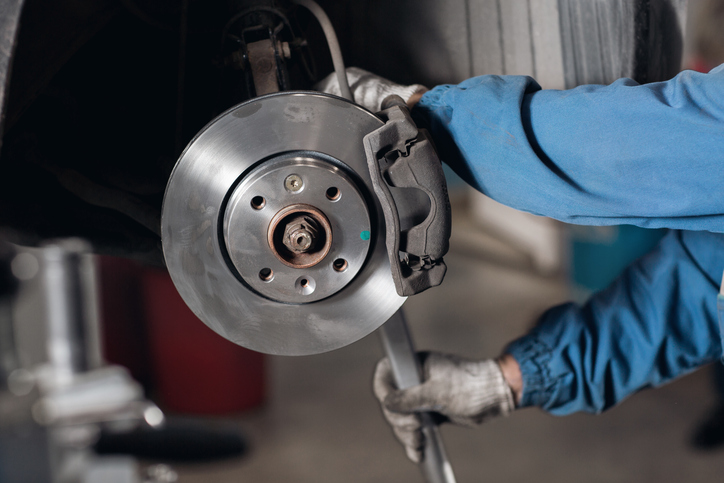What Causes Car Vibrations? A Look at What Students in Auto Mechanic Training Need to Know
The more you learn as an auto mechanic, the more you’ll realize that when a vehicle starts malfunctioning, there are many different reasons why the problem could be occurring. Being an auto mechanic is a bit like being a detective; you use the clues you’re given to solve the mystery. Or in other words, find and fix the mechanical issue.
If you have a customer come into your shop claiming that their vehicle is vibrating, there are several things that could be at play. Read on to learn more about the causes of car vibrations.
Grads of Auto Mechanic Training Know Engine Problems Can Cause Vibrations
A malfunctioning engine is a common reason why drivers may feel vibrations coming from their vehicle. A quick way you can tell if the problem is related to the engine is by sitting in the car and letting it idle. If the car vibrates while idling, you know it’s not related to the tires, wheels, or brakes.
Vibrations caused by an engine can be the result of several things going on under the hood. One common explanation is that not enough air or fuel is getting into the engine for a smooth combustion process. Another common cause of engine-related car vibrations is that the spark that starts the combustion isn’t strong enough. All these things may be indicating that the spark plugs need to be replaced, or that the air filter needs to be switched out.
Brake Issues Can Be a Common Reason Why Vehicles Vibrate
As professionals with auto mechanic training well know, bake troubles can also cause annoying vehicle vibrations. If a customer comes into your shop and complains that their car is vibrating when they press on the brake, it could be due to a problem with the rotor. The rotor is a small silver disk-like component of the brake system. If it’s bent out of shape due to wear and tear, the brake pads won’t be able to get a good grip on the rotor when they try to stop the vehicle. This can make for a wobbly driving experience when braking.

Grads of Auto Mechanic Training Know Wheel Problems Can Be Responsible for Vibrations
As students in mechanic colleges might know, sometimes a vibrating car can be caused by something going wrong with the vehicle’s wheels. The wheel hub, where the wheel connects to the rest of the car, may not be secured as tightly as it should be. Each wheel and hub needs to be tightly secured together with lug nuts in order to prevent vibrations from happening.
Another reason that the wheels may be causing vibrations is if there is “run out”. Run out means that the wheel isn’t turning in a perfectly circular motion as the vehicle is driven. Fortunately, this can usually be fixed by installing a new wheel.
Tire Issues May Cause Vehicles to Vibrate
Tires can have several pesky vibration-causing issues. First, a car’s tires may need to be rebalanced. This is especially common if the car is vibrating when it reaches a specific speed. Second, the tires may need to be replaced because their tread is separating. Third, because of uneven wear, tires may need to be rotated. And finally, tires may need to be replaced if they aren’t perfectly round anymore. By pinpointing the exact cause of a car’s vibrations, you can help fix this common problem throughout your career.
Do you want to learn more about training for auto mechanics in Cambridge?
Contact Automotive Training Centres today to get started!


